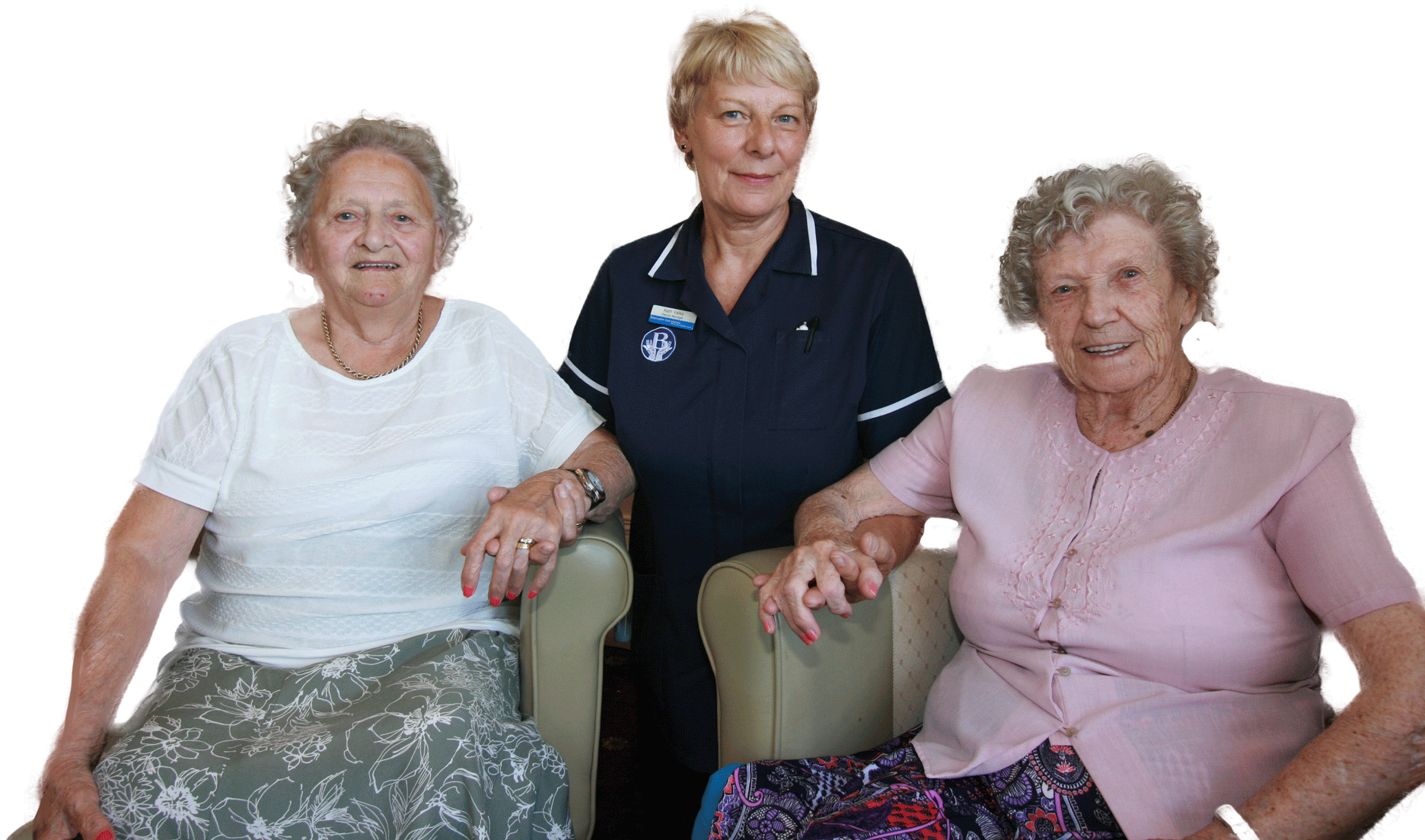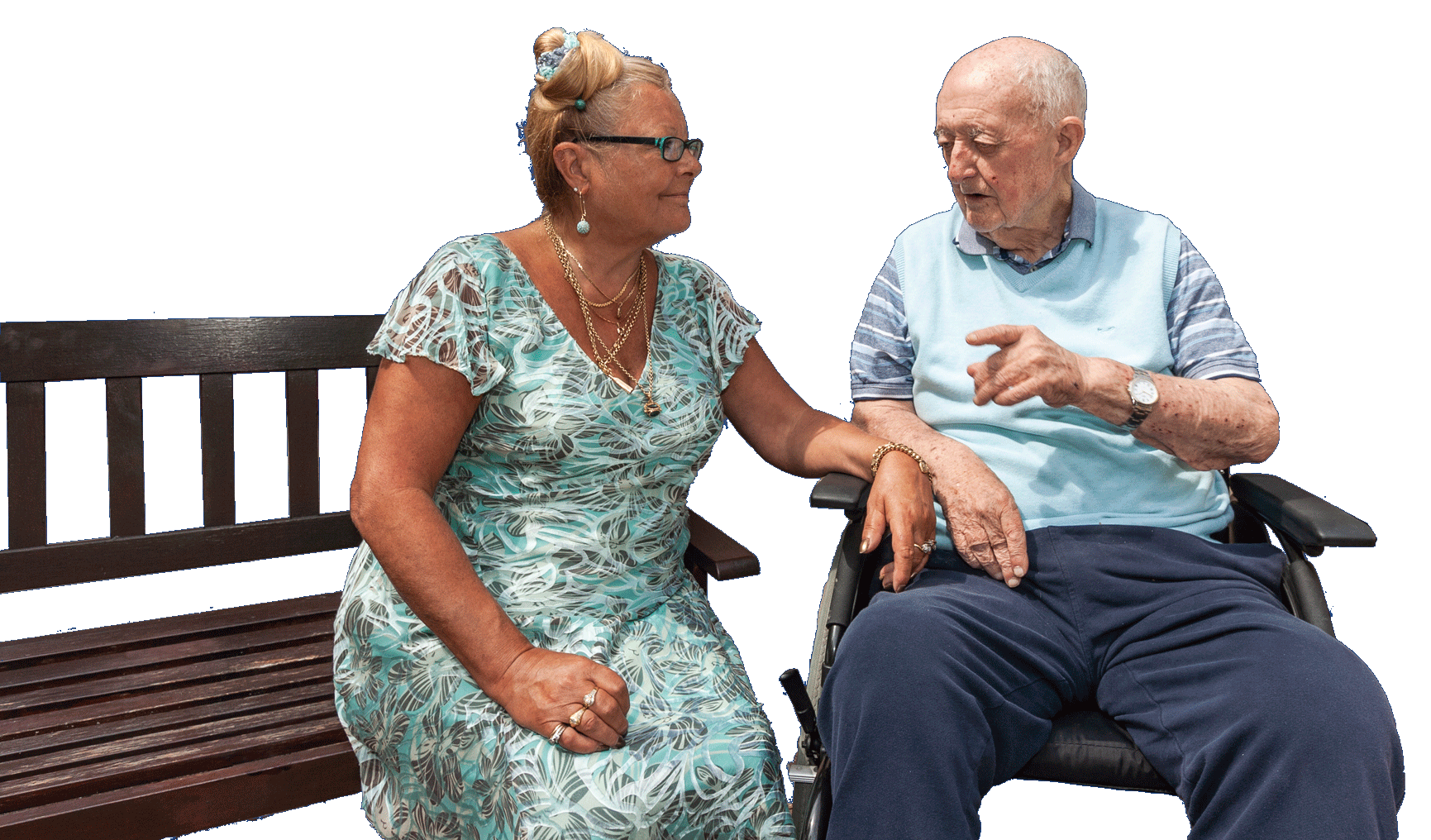Brancaster Care Homes appreciate that There is a lot of confusion regarding paying for care – here is some help to guide you towards finding help

Funding Care
There has been a lot of recent publicity regarding the costs of getting care in the UK. This page aims to help with what care is avaialble at what cost and what funding may be avaialble to help with these costs.
However, changes are regularly being made to the system and we may not have the most up-to-date information on this website.
If you have specific questions or needs or just need guidance, please do not hesitate to contact us – we would be happy to help
What the state will normally provide
There was a time when we thought the state would look after us ‘from cradle to grave’. These days, the state still provides a level of care for the least well off. But if the state thinks you can afford to pay, you will have to pay at least some of the costs of accommodation and personal costs in a residential nursing home.
Briefly, there are three bands of support:
Your local authority may pay for the cost of your residential or nursing home care if your capital is less than £12,750.
Your local authority will still pay for your accommodation and personal care, but not fully, if your capital is between England £12,750 -£21,000. For every £250 you have over the lower amount, they will subtract £1 per week from the money they contribute.
You will have to pay the full costs of your accommodation and personal care if your capital is over England £21,000, Wales £21,500, Scotland £20,000
If your capital falls below the upper amount while you are in a care home, you will become eligible for help from the local authority.
If you want a more expensive home than the authority is willing to pay for, you are allowed to arrange a ‘third party contribution’ from another source.
Your home would be included in your assets only if you live alone, or you are both moving into a care home. In addition, the local authority will disregard the value of your home for 12 weeks after your admission to permanent nursing or residential care. You will be expected to use all your income – including your pension, benefits, and so on – to fund your care. However, you can keep £19.60 (£20.00 in Wales) a week spending money.
What the NHS will normally provide
Even if you are paying all your own fees, the NHS now makes a contribution to your nursing costs. Nursing care is defined as the care you are assessed as needing from a registered nurse.
In England the NHS will pay a contribution towards the nursing part of your care that they determine needs to be provided by a registered nurse in a nursing home. From 1 April 2006 the payment will be £40, £83, or £133 per week, depending on whether your nursing needs are assessed as low, medium or high. This contribution applies whether your care is funded privately or by the local authority. If you are paying your own fees, you will still have to pay for accommodation and personal care (such as help with dressing or bathing).
Where can I get more advice?
Paying for care is a complex subject, and everyone’s situation is different. You should seek advice about your own case. Among the organisations offering specialist advice are:
- Charities such as Age Concern (0808 808 6060), Help the Aged (0808 800 6565) and Counsel and Care (0845 300 7585)
- Your local Social Services department
- The Benefits Agency (0800 88 22 00)
- The Nursing Homes Fees Agency (0800 99 88 33)
- Independent financial advisers (call 0117 971 1177 for the names of local IFAs)
- Insurers who specialist in care fees planning
Will the local authority pay for care in my own home?
There is no simple answer. For care in a person’s own home, each local authority makes its own decisions about charges. Some authorities do offer free services, but will assess your income and will charge you if your income is above a certain level.
Benefits which may help
Many people are hesitant about applying for benefits, but if you want to remain in your own home, they can be extremely useful to you and your carers. For example, Attendance Allowance does not depend on your savings or income, and could enable you to contribute to the petrol costs of a neighbour who does your shopping, or pay for a home help to do the tasks you can no longer manage. There are also benefits for people under 65, and for carers. For example, Invalid Care Allowance is for people unable to work because they are caring for someone.
Everyone’s situation is different, and you should get advice. Try Age Concern (0808 808 6060), Help the Aged (0800 800 6565) or the Benefits Agency (0800 882 200, or in your local phone book).
